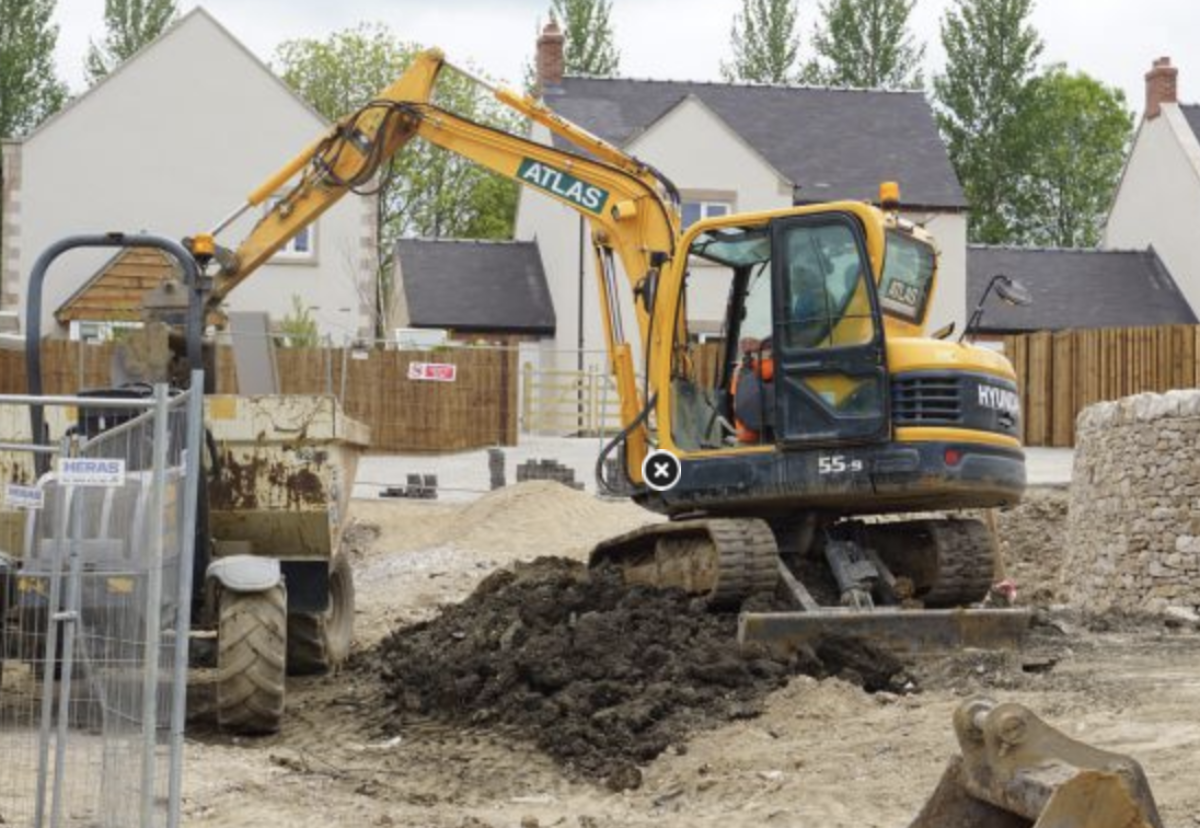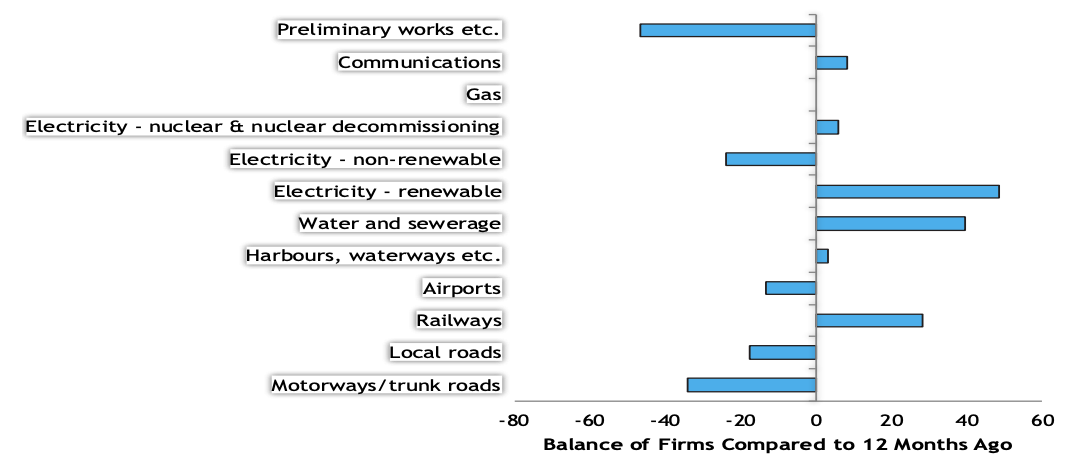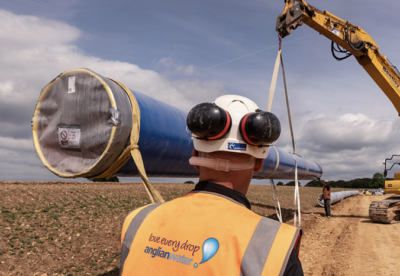While the civils sector experienced its 10th consecutive quarter of growth this year, according to the latest workload survey by trade body CECA, the slump in new housing and motorway work is sounding early alarm bells.
CECA chief executive Alasdair Reisner said evidence of falling orders for traditional bellwethers for civil engineering activity should concern policymakers.
“These statistics show that while the UK’s infrastructure sector continues to act as the backbone of UK plc in delivering much-needed economic growth, there could be trouble ahead at a time when we need the industry to be firing on all cylinders,” he said.
“Infrastructure underpins every aspect of our lives and is a major employer in all parts of the country, which is why we are highlighting that these sectors are struggling due to challenges they are facing, not least rising inflation, supply chain disruption, and a loss of business confidence.
“If the UK Government wishes to see progress in meeting its housing ambitions and to deliver the connectivity businesses and communities need to thrive, it must work with industry to understand why bottlenecks are appearing in these sectors, and work to bring projects forward to market without delay.”
Six of the dozen sectors benchmarked in the trade survey reported more firms seeing falling rather than growing workloads. New order levels also follow a similar pattern.
Preliminary works and motorway trunk roads showed the greatest slowdown but non renewable electricity, local roads and airports are also declining.
Across the UK country regions, 40% of firms in England continued to report a rise in workloads compared to last year, while firms in Scotland and Wales reported the first net quarterly fall for the first time in several years.
In addition, cost pressures remain elevated for civils firms, with 81% of companies reporting increases of over 5%, while the supply of skilled operatives still remains one of the key supply issues facing contractors across England, Scotland and Wales despite easing demand.




















































.gif)






